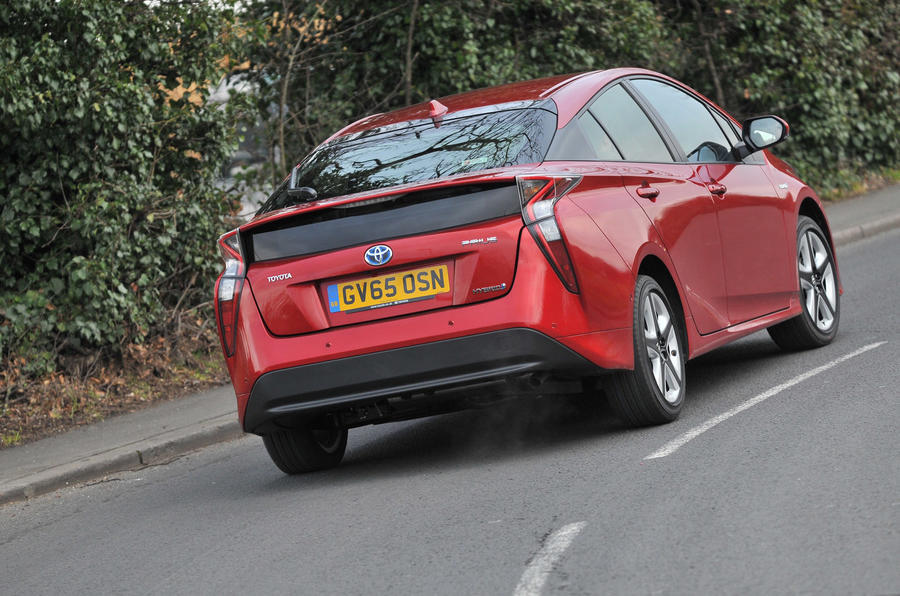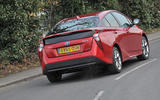The pandemic’s impact on the private hire industry has severely affected second-hand hybrid car values. Non-plug-in models have traditionally been the tool of choice for the likes of Uber drivers, thanks to the reliability and suitability for town and city driving, and this generated good demand and healthy prices for used examples.
However, Covid-19 has resulted in far fewer people using public transport over the past year. Department for Transport figures show that all car usage – public and private – amounted to just 66% of a typical day’s worth on Monday 1 March 2021, compared with 102% on Monday 2 March 2020. Figures dipped below 30% during the first lockdown, which “decimated” the private hire sector, according to Cap HPI’s head of valuations, Derren Martin.
To receive the latest industry news, please click here to sign up to the Autocar Business newsletter
He said prices of petrol hybrids at three years and 60,000 miles dropped by 10.1% year on year in January. “[With] certain models like the Prius and Auris, a lot of their sales go to that sector, and if you’re a taxi driver or an Uber driver, you’re not going to replace your car,” Martin said.
Values of used petrol hybrids fell by 16.9% during the week beginning 8 February, according to Cazana. The data specialist also said the average price of a second-hand Toyota Prius in January 2019 was more than £18,000, but that had plummeted to less than £12,000 in January 2021. Average mileage doubled from approximately 30,000 to 60,000 during the same period, as well-used ex-private hire models hit the market.
“Hybrids and plug-in hybrids – the used value of those has gone through the floor, because nobody is taking cabs,” said Graham Howes, commercial director at CD Auction Group. “We’ve got leasing businesses selling them for £3000 below the book [the recommended sale price] just to get out of them. Priuses – we can’t give them away. We are selling them, but only if the vendors are being really sensible about their value.”
In addition to the lack of demand for private hire, the first phase of London’s Cleaner Vehicle Discount regulations, introduced in April 2019, ruled out conventional hybrids from entering the congestion charge zone for free. The same will apply to plug-in hybrids from 25 October this year and to all cars from 25 December 2025, gradually eradicating vehicles that can drive in the city centre without paying the current £15-per-day fee and further dampening the local market for all types of used hybrids.
The overall number of second-hand hybrid and plug-in cars began to increase dramatically in the second half of last year – initially when the market rebounded shortly after the UK’s first lockdown. Cazana’s data shows that they rose from approximately 2% of the market in July 2020 to more than 6% in January 2021. Used Priuses made a similar move during the same period, rising from a market share of less than 0.1% to 0.25%, which suggests owners have been keen to move them on.









Join the debate
Add your comment
I'm sure this is just temporary and values will recover as the taxi market resumes. They may continue buying a few diesels, but I can't see operators switching to used EVs given their comparative rarity and high prices. I'm seeing quite a few new generation Yaris models around, but not seen a new Jazz yet!